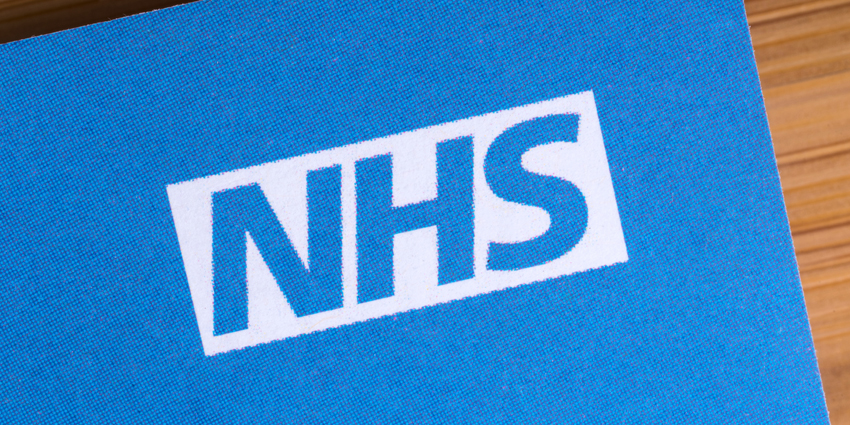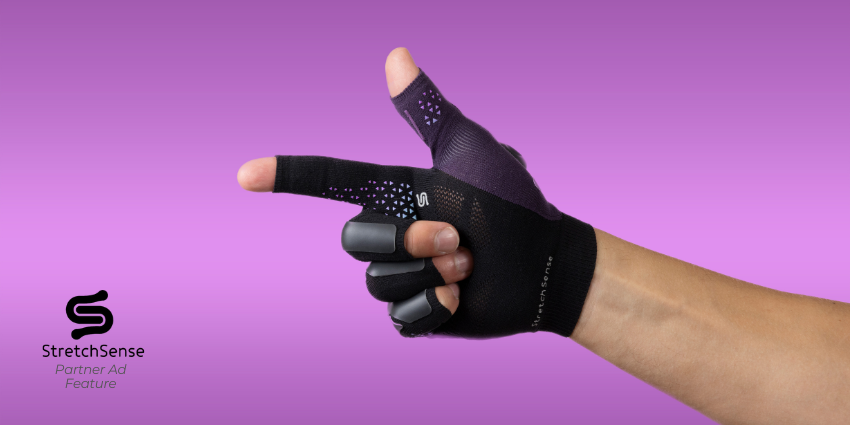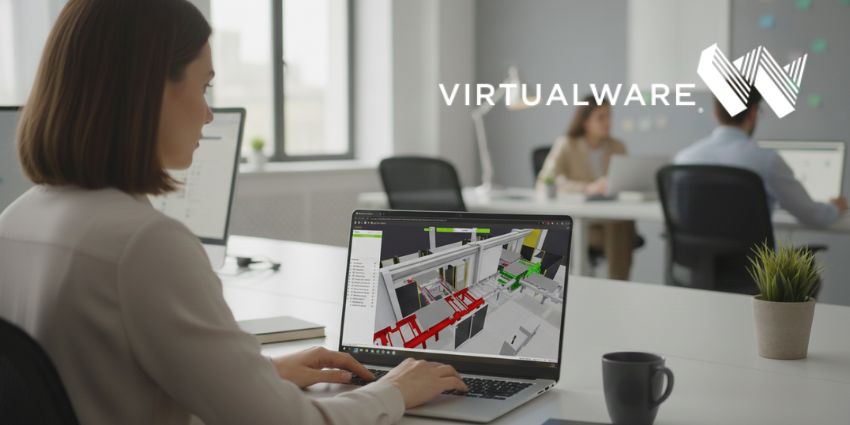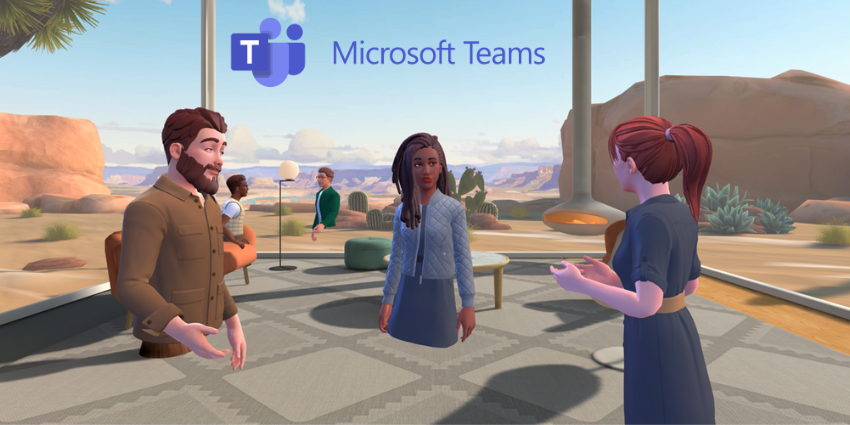This week, the NHS made further strides in leveraging XR technologies via a government-led £4.3 million VR training initiative. The initiative attempts to reduce related travel and material costs while also addressing skill shortages among STEAM students and NHS staff.
Innovate UK is leading the multi-million VR training initiative, bringing outreach programs and hands-on training for students, professionals, and NHS staff. Professor Ivan Wall, co-director of Resilience at the University of Birmingham, added:
VR technology is advancing rapidly, and the ability to recreate in detail real-world environments means we can deliver high-value training without the need to be in those environments,. This cuts dramatically the need for travel, a major source of emissions, and additionally means we don’t consume expensive and potentially environmentally harmful materials, such as single-use plastics.
The NHS Resilience project
By leveraging XR for its training, Innovate UK can help the NHS reach its net zero carbon emissions target. Virtual spaces provide an alternative to on-site training, theoretically boosting training effectiveness via repeatable off-site learning procedures and reducing travel costs for the same reasons.
The Resilience project follows research from the Faculty of Public Health, which found that NHS-related road travel accounts for 9.5 billion miles annually. The NHS is turning to VR in a bid to lower its contribution to this extensive travel.
Moreover, Innovate UK and the NHS collaborated with Stenveage’s Cell & Gene Therapy Catapult’s manufacturing centre, transforming the leading facility’s interior into a virtual training space.
Wall describes this NHS use of VR technology as “central,” with the Resilience project “helping young people safely learn skills that it would be impractical to gain in the real world due to logistics and capacity.“
Innovate UK originally debuted the “Resilience project” in 2023 to first address skill shortages and sustainability goals by providing virtual learning environments for skills such as technical and laboratory knowledge.
Wall also added:
We can deliver training in schools and colleges or at any of our partner universities, cutting down the need for travel and avoiding unnecessary waste. Even better, VR is exciting; from our experiences so far, young people find it highly engaging, which helps attract them into this vital sector for the UK economy.
The news comes after the NHS moved forward with various XR use cases late last year, including life-saving MR spinal surgery at the Institute for Neurological Sciences in Glasgow, South London & Maudsley NHS Foundation Trust’s Virtual Centre funding, and the “Walking in the shoes of…” training solution.
NHS healthcare professionals in Suffolk and Essex use XR technology to enhance training outcomes. The NHS XR training program offers an upskilling experience that enables clinicians to understand patient perspectives better, ultimately improving the quality of care they provide.
Various NHS professionals, including GPs, physiotherapists, paramedics, and physicians, can use this training solution to enhance patient care practices. This initiative is driven by collaboration between internal and external development teams, including Revolve Labs, the North East Essex Training Hub, and the Eastern Education Group.







